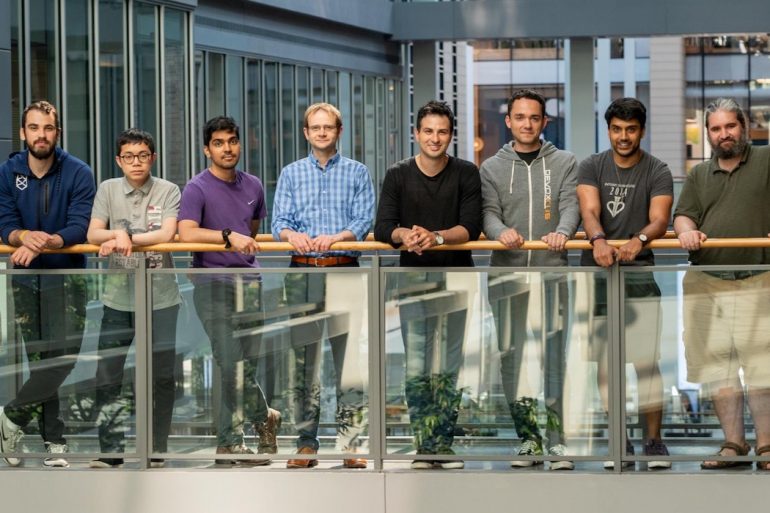DNAstack, a Toronto-based startup that develops technologies for scientists to more efficiently find, access, and analyze genomic and biomedical data, has announced it is participating in a new project to accelerate the development of a national software platform for precision health in Canada.
“We’re empowering scientists to take big data, cloud computing, and machine learning to the fight against the biggest challenges in health.”
The project, which is one of the first launched as a part of Canada’s $150 million Digital Technology supercluster, will include participation from Deloitte, Genome BC, LifeLabs, Microsoft, Molecular You, Provincial Health Services Authority, and the University of British Columbia. The team is building a new software platform that will make it easier for healthcare organizations, academic researchers, clinical laboratories, and pharmaceutical companies, to harness exponentially growing volumes of genomic and biomedical data.
“We’re laying the foundation for the future of genomic and biomedical science, where the combination of networked data and powerful technology is used to generate life-saving insights faster than ever before,” said Marc Fiume, CEO and co-founder of DNAstack. “With this platform, we’re empowering scientists to take big data, cloud computing, and machine learning to the fight against the biggest challenges in health.”
RELATED: Digital Technology Supercluster first to announce projects
DNAStack has developed technology that aims to encourage new scientific discoveries and inform medical decisions, translating data into more personalized and cost-effective healthcare for millions of Canadians. Its platform serves as an alternative path for organizations looking to avoid cost burdens associated with acquiring and sustaining computational infrastructure.
The platform is currently being piloted with early adopters across Canada, with whom the company claims it has proven to be more powerful, secure, cost-efficient, and accessible compared to other existing solutions. The project team seeks to deliver the most advanced platform for precision health in the country, which would allow healthcare organizations to roll out new programs that reap significant health and economic benefits. It will provide simple tools for principal investigators, diagnostics labs, hospital systems, patient advocacy groups, and individuals, to connect and administer the secure sharing of their datasets. It also aims to help academic, clinical, pharmaceutical, and industry researchers, to discover and analyze that data.
RELATED: Fusion Genomics uses quantum computing to eliminate undiagnosed illnesses
DNAStack, founded in 2014, also claimed users of the platform will be able to perform statistical and machine learning analyses with more than 10 times the computing power of some of the most equipped research institutions in Canada.
This project is integrating Global Alliance for Genomics and Health protocols for identity, access, discovery, and analysis. DNAstack was founded in 2014, and in 2018, it co-founded the Canadian Genomics Cloud, a public cloud platform for genomics and precision medicine in Canada. Canadian Genomics Cloud is being used by scientists to study the genetic causes of autism, adult cancer, pediatric cancer, heart disease, mental health, and cystic fibrosis.
DNAstack is now working in close collaboration with partners of the Digital Technology Supercluster to introduce new features to the market.
Image courtesy DNAStack

